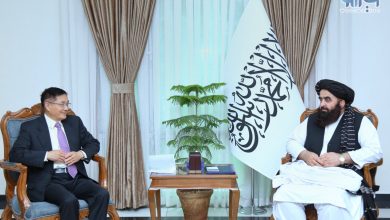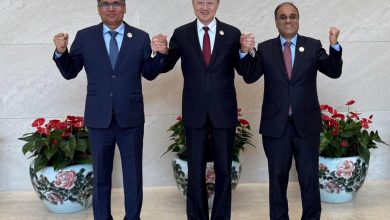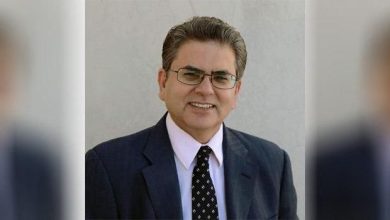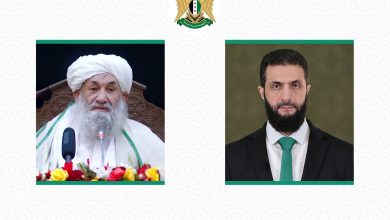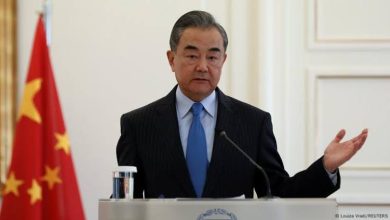Russia Signals Readiness for Second Round of Peace Talks with Ukraine
Russia-In a recent development, Russian Foreign Minister Sergey Lavrov announced Moscow's preparedness to engage in a second round of peace negotiations with Ukraine. Lavrov emphasized that a preliminary draft of a peace agreement is "nearly ready," indicating significant progress in diplomatic efforts to resolve the ongoing conflict.
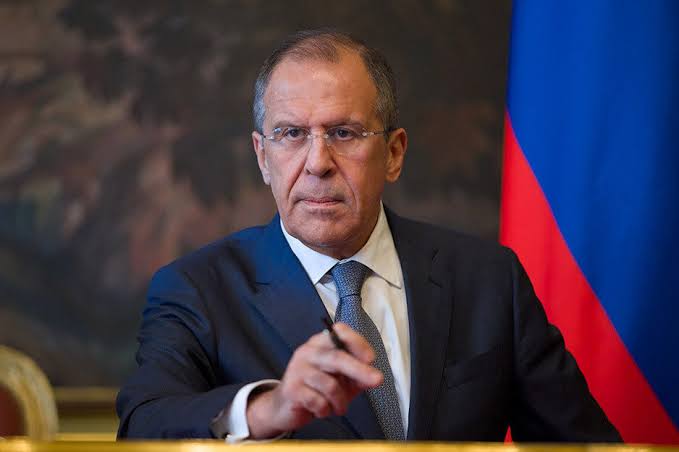
Weezharoz-Speaking at a press conference in Moscow, Lavrov stated, “We believe in diplomacy and have approached the talks with a realistic mindset.
A preliminary draft of a peace agreement has been prepared and is technically almost ready.
” He acknowledged the role of mediators, including Turkey, China, and African nations, in facilitating the dialogue and urged Ukraine to participate in the next phase of negotiations with greater pragmatism.
Lavrov reiterated Russia’s core demands, which include the recognition of its sovereignty over Crimea and the four regions annexed in 2022—Donetsk, Luhansk, Zaporizhzhia, and Kherson.
Additionally, Russia seeks Ukraine’s permanent neutrality, barring it from NATO membership, and the restoration of rights for Russian-speaking populations in eastern Ukraine.
Lavrov also called for the lifting of Western sanctions and the return of frozen Russian assets.
While the draft agreement has not been made public, diplomatic sources suggest that key issues remain unresolved, particularly concerning the status of occupied territories and security arrangements.
However, progress has been reported in areas such as humanitarian aid, temporary ceasefires, and prisoner exchanges.
Notably, on May 23, 2025, Ukraine and Russia conducted a significant prisoner exchange, each releasing 1,000 detainees.
This exchange, the largest since the conflict began, was facilitated by negotiations in Istanbul and has been praised as a potential step toward broader peace efforts.
Former U.S. President Donald Trump, who played a role in mediating the talks, expressed optimism about the exchange leading to a more comprehensive agreement.
Despite these developments, challenges persist. Russia has rejected a proposed 30-day ceasefire, and President Vladimir Putin has declined to meet directly with Ukrainian President Volodymyr Zelensky, opting instead to send lower-level delegates to the negotiations.
As the situation evolves, the international community continues to monitor the progress of these talks, hopeful that sustained diplomatic engagement may eventually lead to a resolution of the conflict.
Weezharoz
